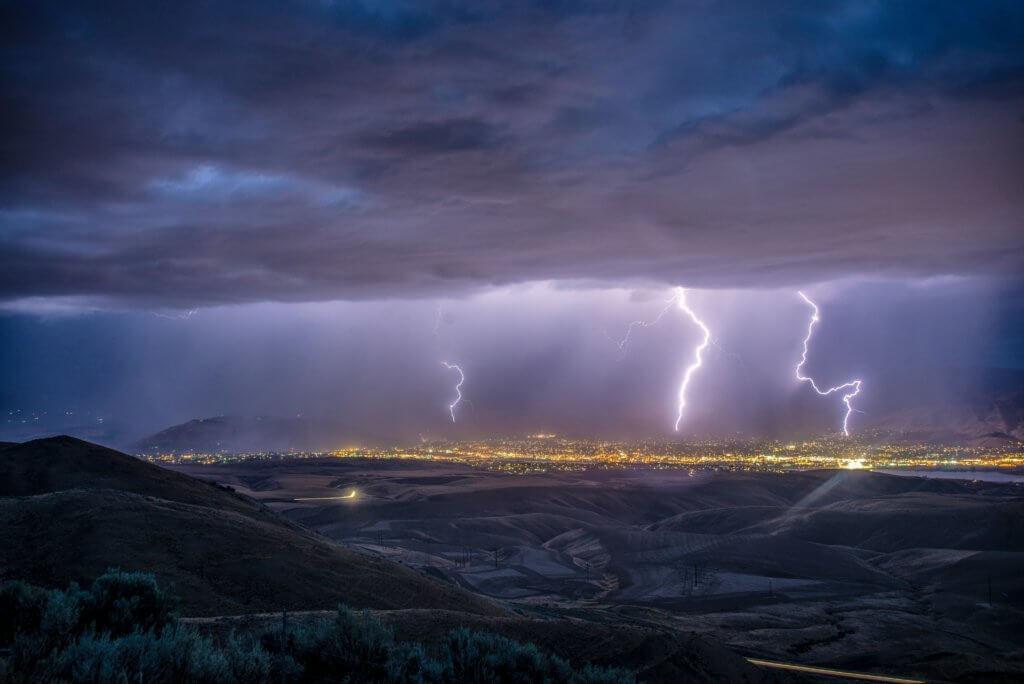As “God will do nothing unless he reveals his secret to his servants the prophets” (Amos 3:7), he gives ample warning before cleansing the earth of wickedness—in the endtime as anciently. In Isaiah’s day, for example, God commands Isaiah to go naked and barefoot for three years as a portent of Assyria’s invasion of Egypt (Isaiah 20:2–4). (Not known for being politically correct by modern standards, God ever leaves room for doubters to spurn his warnings.) Similarly, God gives Moab, a kindred people, three years’ warning—“like the term of a lease”—before Moab’s glory turns to shame, its large populace perishes, and but few inhabitants remain (Isaiah 16:14).
Isaiah’s Seven-Part Structure, however, makes both Egypt and Moab integral parts of a multinational conglomerate of foreign powers that come under a “Babylon” umbrella. This Greater Babylon—akin to John’s Babylon the Great (Revelation 17:5)—goes into the dust at the time Zion rises from the dust (Isaiah 47:1; 52:1–2). For a time, a righteous remnant of God’s people dwells in the wilderness, surviving on nomads’ food (Isaiah 7:14–15, 21–22; 37:30). As the events of the past that Isaiah records function as types or patterns of endtime events, this scenario will repeat itself when God destroys endtime “Babylon” and delivers his people Zion.












